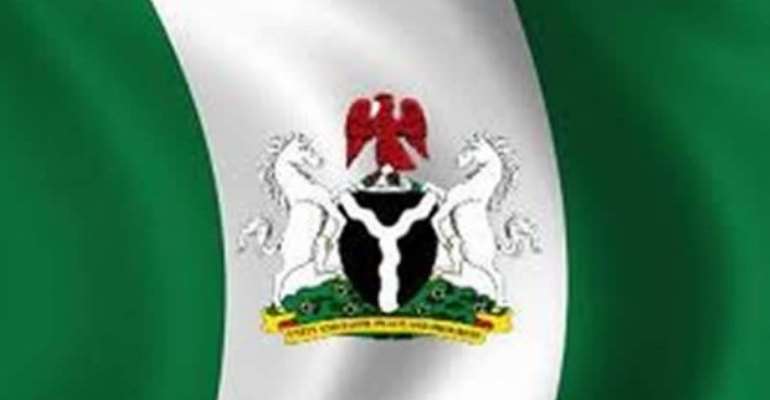Doing business in Nigeria – Leadership

The federal government's effort to attract investments especially in the small and medium-scale enterprises (SMEs) sector may have been hamstrung by some factors exposed in the current World Bank report on 'Ease of Doing Business' across countries of the world. In the report 'Doing Business 2014: Understanding Regulations for Small and Medium-size Enterprises', it ranks Nigeria 147 out of 189 countries, down from 138 in 2012.
The Bretton Woods institution based its survey on 10 indicators which include registering property, business registration, protecting investors, dealing with construction permits and electricity. Others are accessing credit, taxes, enforcing contracts, population and per capita gross domestic product (GDP).
In these indicators, the report notes that the country recorded negatives in the areas of getting credit, protecting investors, paying taxes, starting a business and dealing with construction permits, even as it was assessed positive in the areas of trading across borders and enforcing contracts.
The report points out what investors have been complaining about as hurdles impeding smooth business transactions and which have continued to defy solution. Registering of property is an example: obtaining a certificate of occupancy, about the only document recognised by banks in the accessing of credit using property as collateral, is as easy as cutting the proverbial Gordian knot. And for most investors, local and foreign, no meaningful business discussion can begin to take place until this is obtained.
We also agree with the report and its view on accessing credit, a very vital business component made even more difficult to obtain by the prevailing impossible interest rate regime. Similarly, no serious business operation in Nigeria relies on the existing electric power generation and distribution system. The government itself acknowledged this with the unbundling of the behemoth that the nation's power sector was. It is our hope that this will help in the foreseeable future.
The challenges of business registration are such that have created room for racketeering with the attendant waste of valuable time and the risk of fraud. Also hampering businesses is the pervading incidence of multiple taxation. These and others listed by the institution have tended to add to the cost of doing business which invariably scares off potential investors who, at best, become mere portfolio managers out to make a killing and easy profit without contributing much to the economic development of the country.
The World Bank report should be seen by the country's policymakers as a wake-up call in the drive to attract investors. Whether local or foreign, these investors are businessmen who insist on carrying out risk assessment before taking investment decisions. In most cases, they hardly pay attention to the rhetoric by smooth-talking government officials out to dress the country in borrowed robes. As expected, the country was rated positive in the area of cross-border trade, and that is because the not-too-conducive investment climate has turned the country into a dumping ground for products of doubtful quality manufactured outside its shores. All of the nation's policy makers should read that report and act on it.
